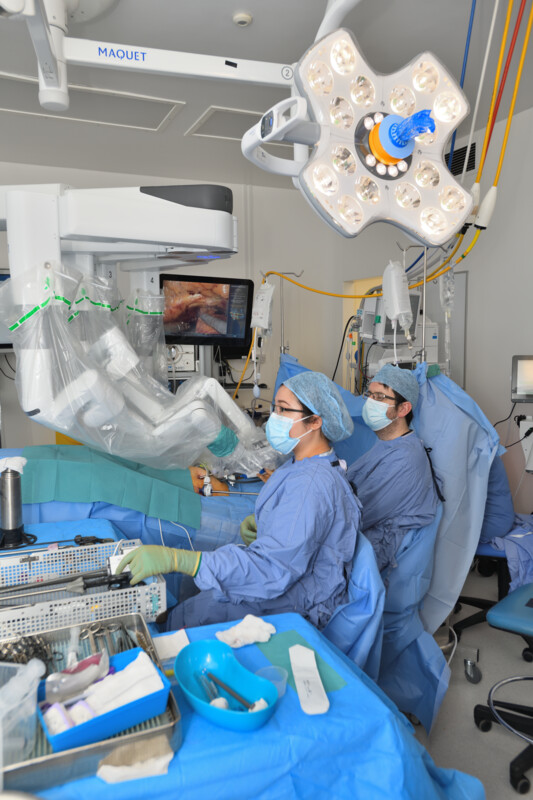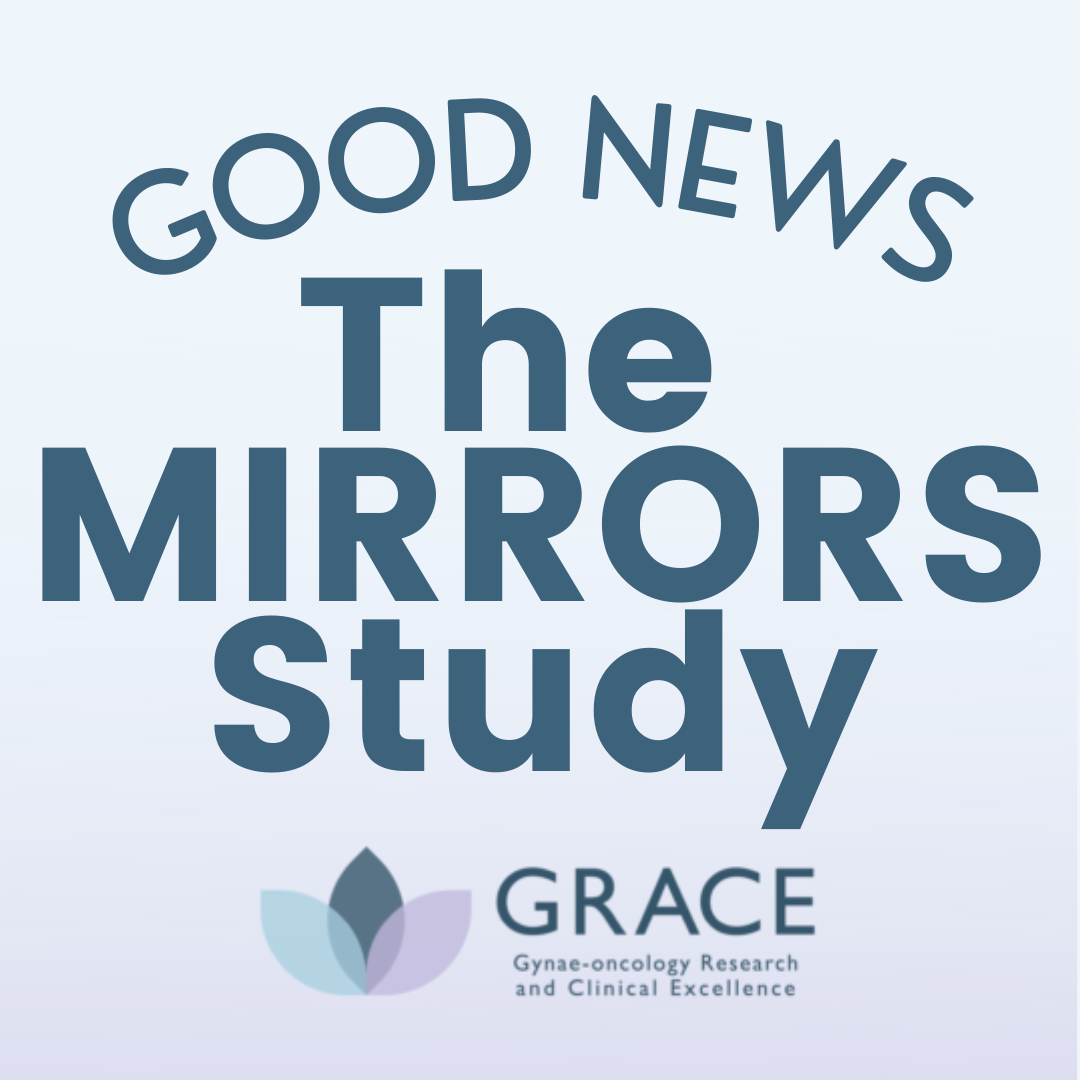What are we doing to help?
In the UK 58 women are diagnosed with a gynaecological cancer each day, and 21 will die.
These cancers make up some of the most common and most fatal diseases that women face, but despite this, gynaecological cancer is neither high profile, nor well funded.
One of our main aims is to fund locally based research into gynaecological cancers including ovarian, uterine, cervical and vulvar cancer, principally at the University of Surrey in Guildford, and within the Gynaeoncology Department.
GRACE has recently been accepted as an NIHR-partner charity. This means that some of our research projects are open to applicants through a competitive interview process. These projects undergo a strict peer review evaluation and are eligible for support from Clinical Research Network. The projects that are currently endorsed by CRN are listed below. Our next funding call will be announced in the next few months.
We also collaborate with research at many of the leading teaching and academic institutions around the UK and internationally.
This progressive approach supported by GRACE funding has led to many novel and cutting edge treatment developments for women facing gynaeacological cancer treatment in Surrey, Hampshire and Sussex.
• Role of HOX genes overexpression in ovarian cancer – PhD
• HXR09 as the therapeutic drug in ovarian cancer – PhD
• Prognostic biomarkers in ovarian cancer – MD
• Further research into p57kip as a biomarker
• Role of circulating tumour cells in ovarian cancer – MD
• Role of HER-2, HER-3, HER-4 and EGRF receptors in ovarian cancer – PhD
• Investigating the molecular characteristics of endometrial cancer in young women.
• Retrospective study of role of MELF as a prognostic outcome marker.
• Investigating immmune markers in endometrial cancer as diagnostic/prognostic markers.
• Adipocytokines and their relationship to endometrial cancer – Project endorsed by NIHR.
• Psycho-social effects of diagnosis and treatment for cervical cancer.
• Role of robotic surgery in cervical cancer.
• Fertility-sparing surgery for cervical cancer.
• Study into cervical cancer changes during radiotherapy.
• Prospective RCT in use of Argon plasma in groin node dissection for vulvar cancer.
• Evaluation of avB6 integrin expression in vulvar cancer.
- A new UK based feasibility study, based in Guildford, UK, exploring the role of Robotic interval debulking surgery for ovarian cancer.
- We would like to determine whether, in selected patients, robotic surgery offers improved quality of life and recovery with equivalent overall and progression free survival.
- The study is available to women who have had chemotherapy prior to surgery, have a pelvic mass ≤8cm and don’t have another reason for requiring open surgery such as extensive disease requiring liver / upper Gastro-intestinal surgical support.
- READ MORE
Current Research
Update: Tele-oncology During Covid-19
Update: Tele-oncology During Covid-19 The GRACE funded questionnaire into the role of Tele-oncology beyond COVID-19 has now closed,
Thanks to your support Tele-oncology during the COVID-19 pandemic
Tele-oncology during the COVID-19 pandemic Funded by GRACE thanks to your support Dr Praveena Idaikkadar tells us about
Royal Surrey’s Robotic Surgery Team HSJ Value Awards Finalist!
Royal Surrey’s Robotic Surgery Team HSJ Value Awards Finalist! We’re thrilled to share that Royal Surrey’s Robotic Surgery
Good News for the MIRRORS study
Update From The Researcher Desk: Good News for the MIRRORS study MIRRORS, an exciting trial conceived by Mr
Subscribe To Our Newsletter
To keep up to date with the latest GRACE news, events, and research




